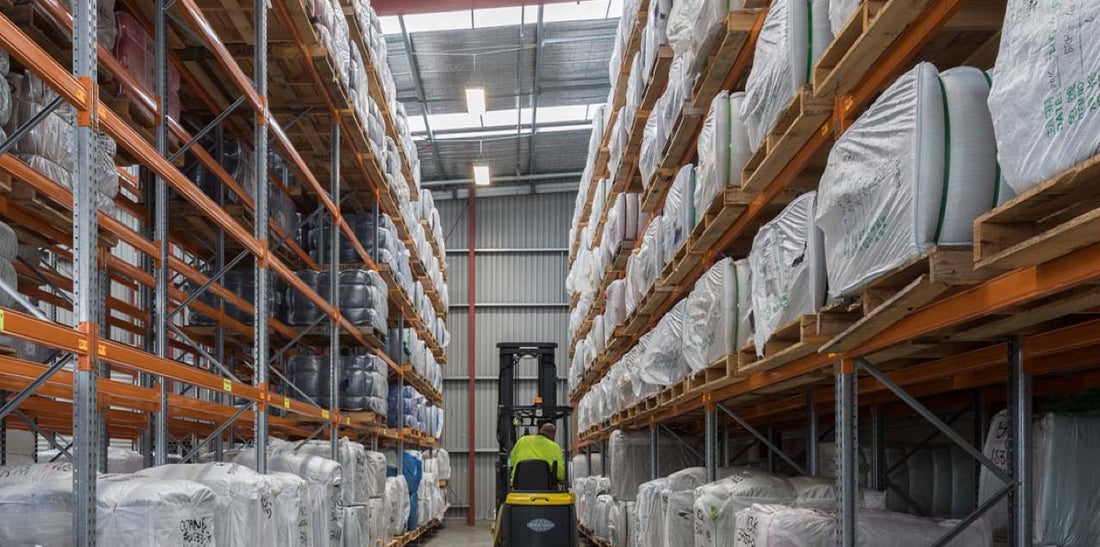Our product supply chain is global, and while this has a positive impact on many workers and their families, it also brings risk. We acknowledge this risk and aim to eliminate any unethical working practices in our supply chain. To do this we carefully select the best suppliers, ensuring we deliver quality products that have a responsible social and environmental track record. Our vision of a sustainable business means an active commitment to ensuring that our suppliers factories adhere to ethical practices throughout production processes. As an organization that relies on a global supply chain, we recognise the pressing—and ongoing—need to call out and eliminate unethical practices within our supply chain, particularly with regards to modern slavery. This umbrella term encapsulates illegal activities such as human trafficking, the sale and exploitation of children, and forcing individuals to work illegally and against their will.

We ensure that no form of modern slavery is conducted within our business, and we thoroughly screen all our suppliers—only choosing to work with those who have proof of ethical practices. We have a robust screening process before we begin a partnership with any supplier. This includes an internal process that is managed by our procurement team, and an independent assessment of our supply chain for material toxicity, ecological toxicity, and worker safety that takes place every three years. Expert consultants do an assessment of the environmental hazards and how these are managed by suppliers. Safe work practices are also evaluated to check that controls are in place.
We are committed to taking an active part in elevating ethically sourced and produced suppliers, with a Supplier Code of Conduct and Anti-Modern Slavery Policies that include details around our sustainability expectations from potential suppliers as the firm foundation of our supply chain. This means conducting ongoing reassessments of our supply chain in line with those guiding principles and policies, and providing relevant training to our staff to ensure the appropriate decision makers within our business are aware of the risks and implications of unethical practices.

“Modern slavery is a major point of ongoing focus. As the issue of slavery and slavery-like practices continue to change and develop further, our understanding of the issue, our practices and our response must follow,”
says Aidan Hill, our Technical and Sustainability Manager. “We ensure our procurement teams are trained to identify issues, and any updates to our Modern Slavery Statement and Supplier Code of Conduct are fed back into our business and reflected in our practices.” Ensuring all Autex staff understand the concept of modern slavery and how it pertains to our business is just as crucial as keeping the procurement teams informed.
In our commitment to prioritising sustainable practices throughout the business and the wider industry, we hold both ourselves and our partners accountable for fostering fair and ethical manufacturing procedures as means of not only offering the best quality products to our customers, but actively contributing to a fairer and more ethical world for all.
